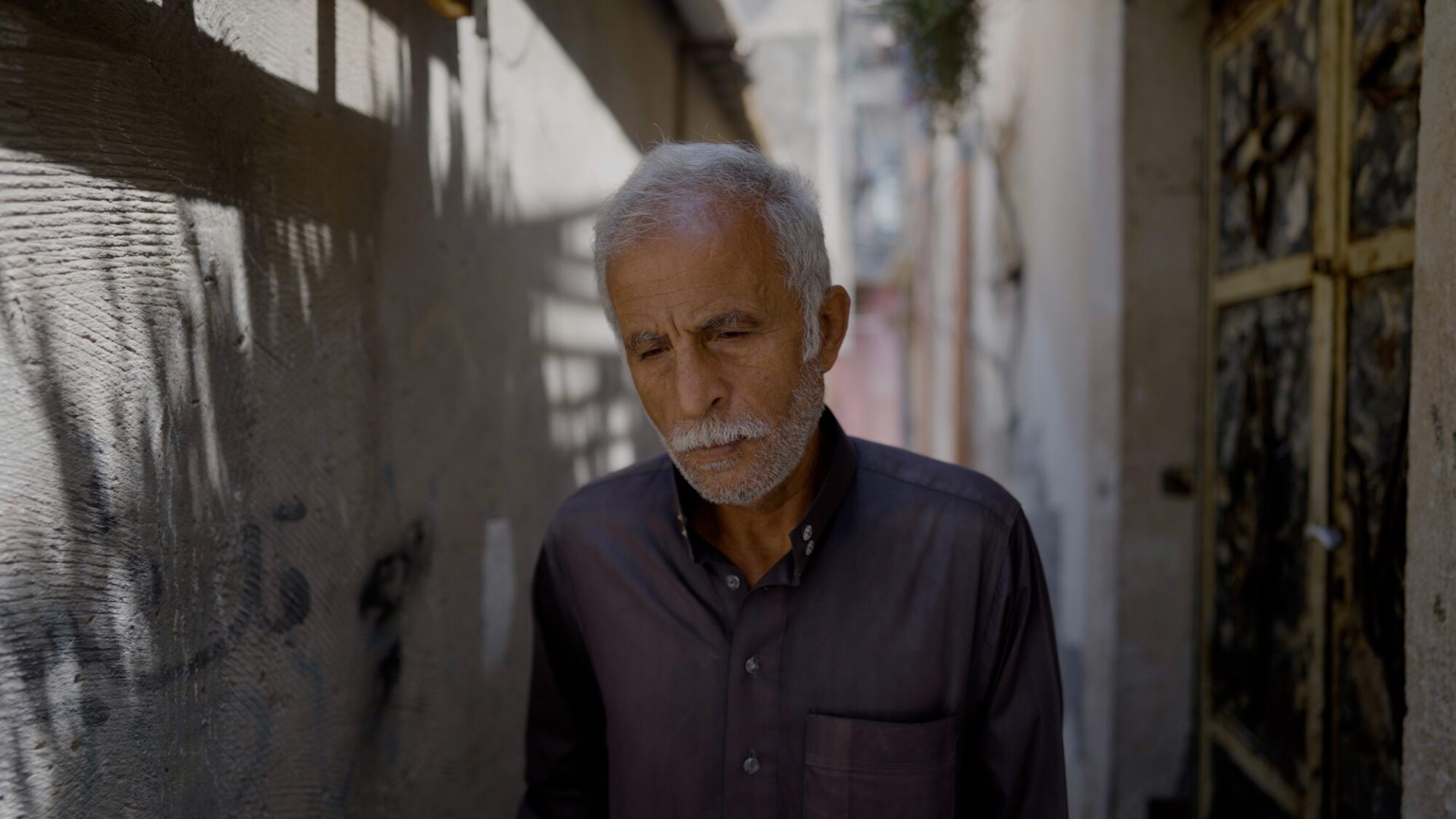The ongoing war in Gaza has imposed an unbearable toll on the entire population – including the more than 100,000 living in the territory – all of whom are facing unparalleled suffering, including hunger, dehydration, illness, and death.
HelpAge International’s latest briefing emphasises the urgent need that any intervention by the international community must include plans to address the needs of older people and ensure the provision of services they require for their basic wellbeing.
Situation of older people in Gaza
Before the events of October 2023, older people in Gaza were already dealing with the long-term impact of persistent conflict and displacement, with limited access to essential health and social services.
With the subsequent escalation of hostilities, the entire population of Gaza was exposed to unimaginable risk every day, with the specific impacts on older people often going overlooked.
Despite evacuation orders, many older people may have been unwilling or unable to leave their homes or local areas. Challenges with their health and mobility can prevent them from travelling, while limited technological literacy can mean that they often lack access to information circulated online.
This has left them exposed them to heightened risks, especially in emergency shelters that are usually ill-equipped to support their needs. It also exposes them – particularly women – to threats of violence, exploitation, and abuse, or leave them without much-needed treatment for on-going health problems. The situation is worsened by damaged hospitals, medication shortages, and deteriorating hygiene conditions.
Escalating risk of famine
In a dire turn of events, UN Special Rapporteurs revealed in January that an alarming 80 per cent of people facing famine or catastrophic hunger around the world live in the Gaza Strip. For older people, this exposes them to malnutrition and other severe health concerns, heightening the risks of death and poorer health outcomes.
Data from El-Wedad and HelpAge in 2021 showed that 45% of older people were already going to bed hungry at least once a week. This will have been compounded by the escalation of the conflict, with many older people unable to access what few food distribution points have been set up, especially older women who might face security and protection problems.
Recommendations for immediate action
HelpAge International supports the global call for an immediate ceasefire and unimpeded humanitarian access and calls on those responding to ensure those worst affected people, including older people, receive essential services as a matter of urgency. It also urges the reversal of funding pauses to UNRWA.
HelpAge is also calling for the unconditional and immediate release of all hostages, and for access to be granted for the delivery of essential medical treatment, particularly for any older hostages with pre-existing health conditions.
The involvement and prioritisation of older people in humanitarian efforts are also highlighted, emphasising their rights, dignity, and specific needs.

